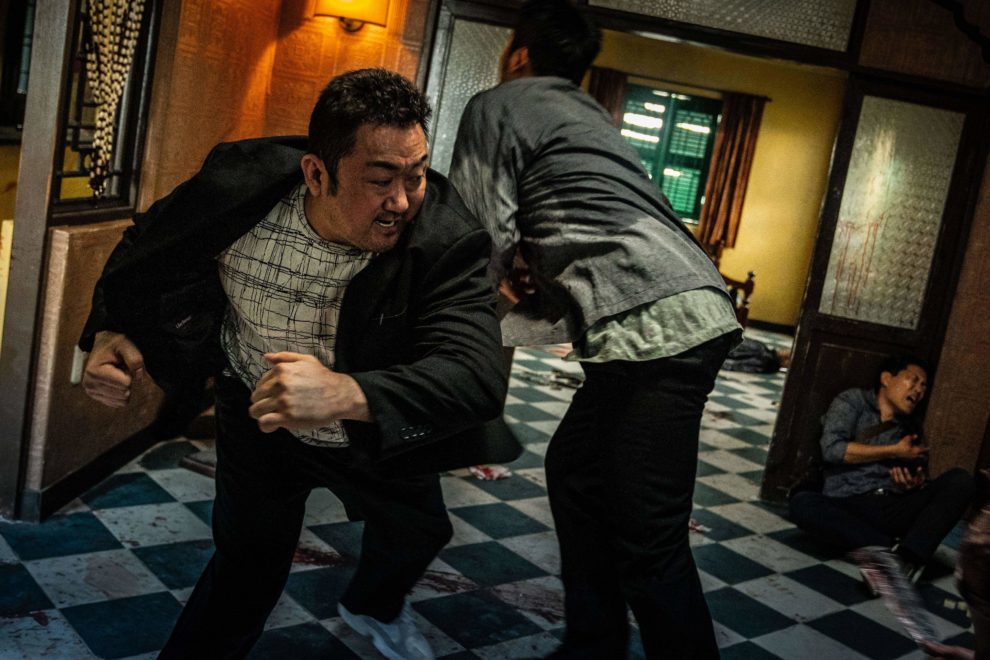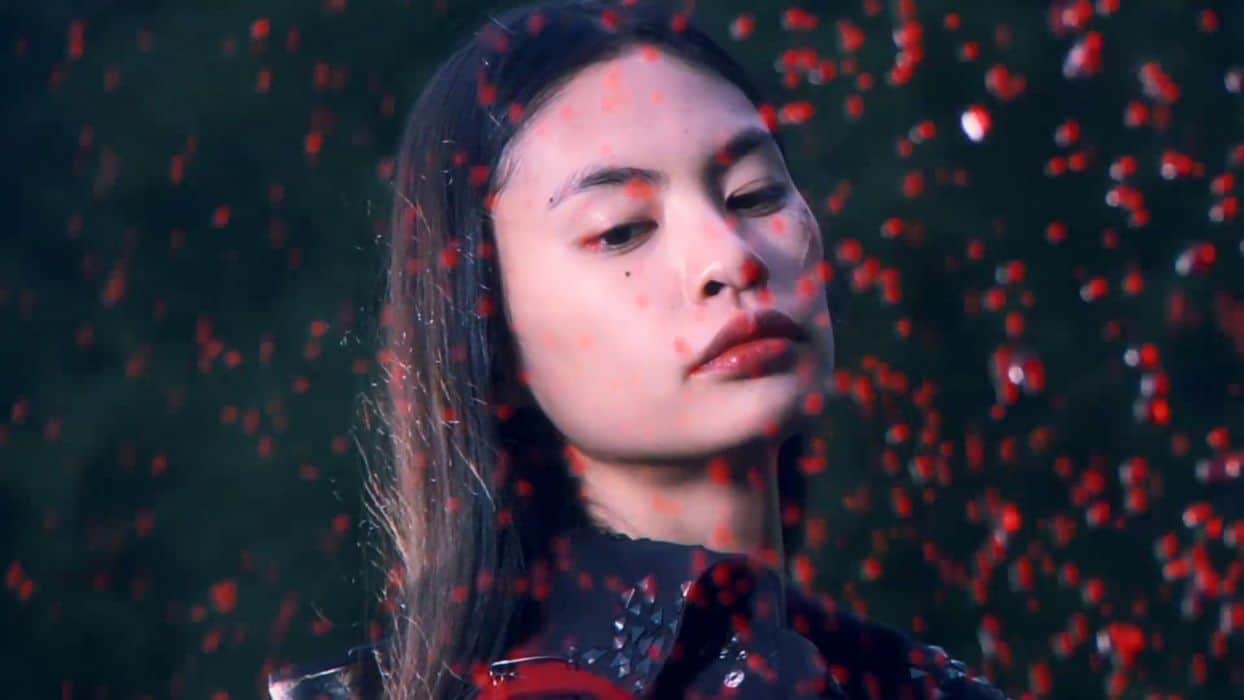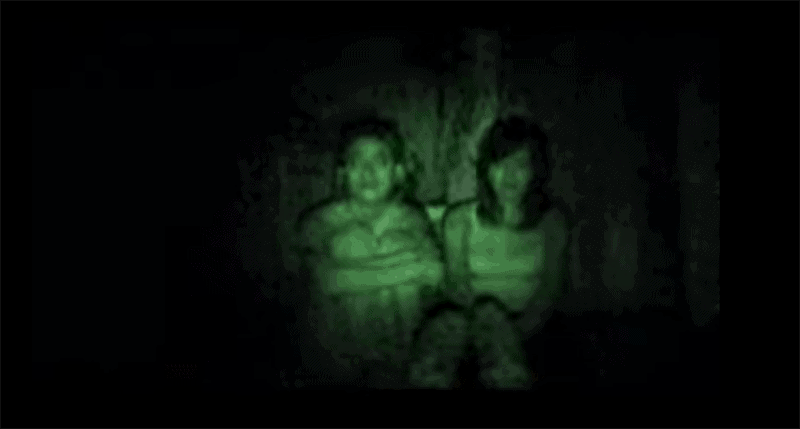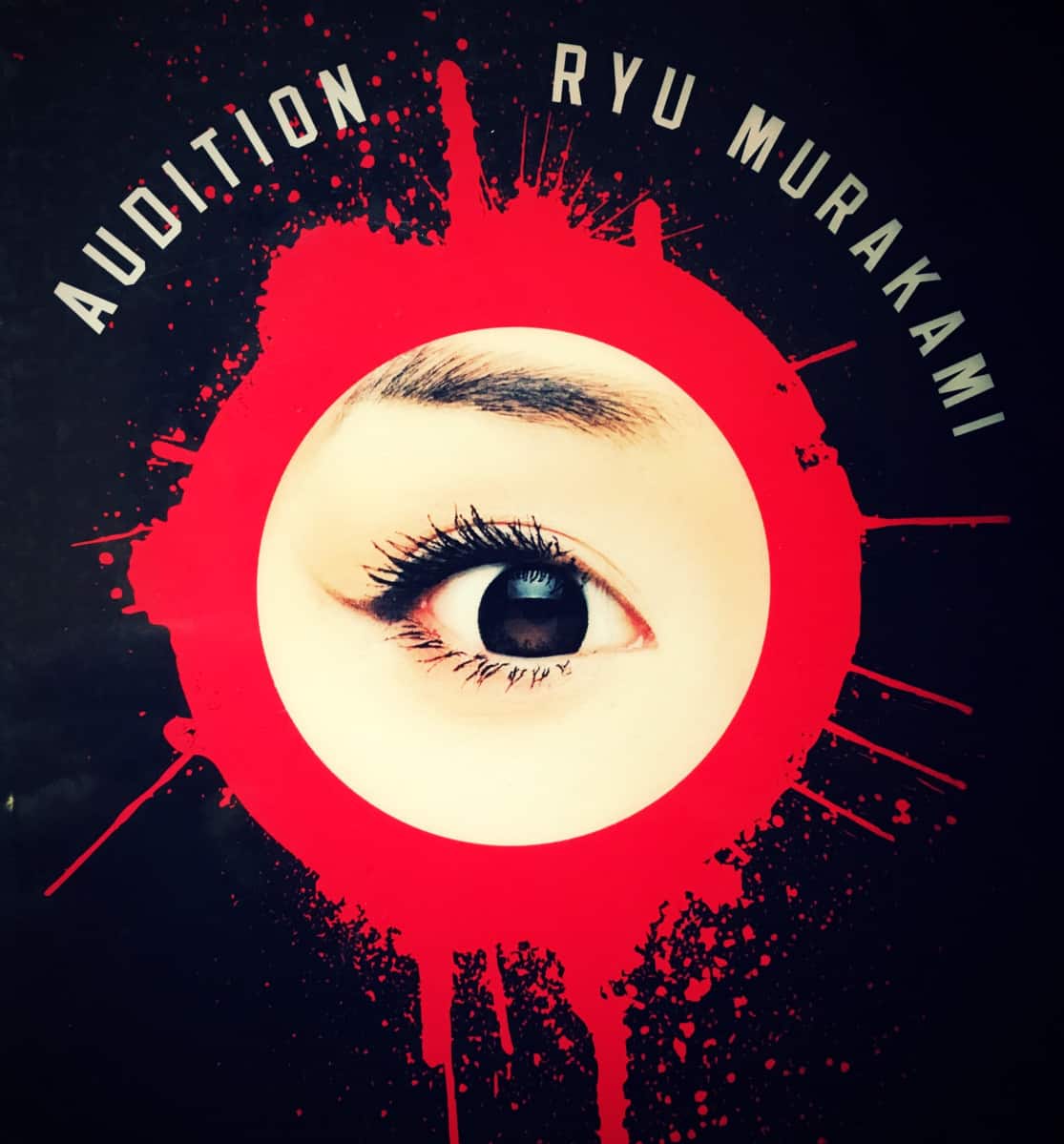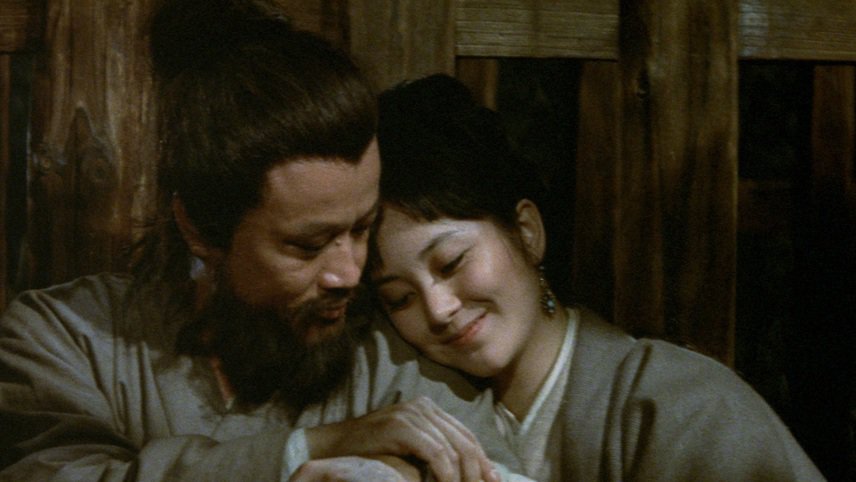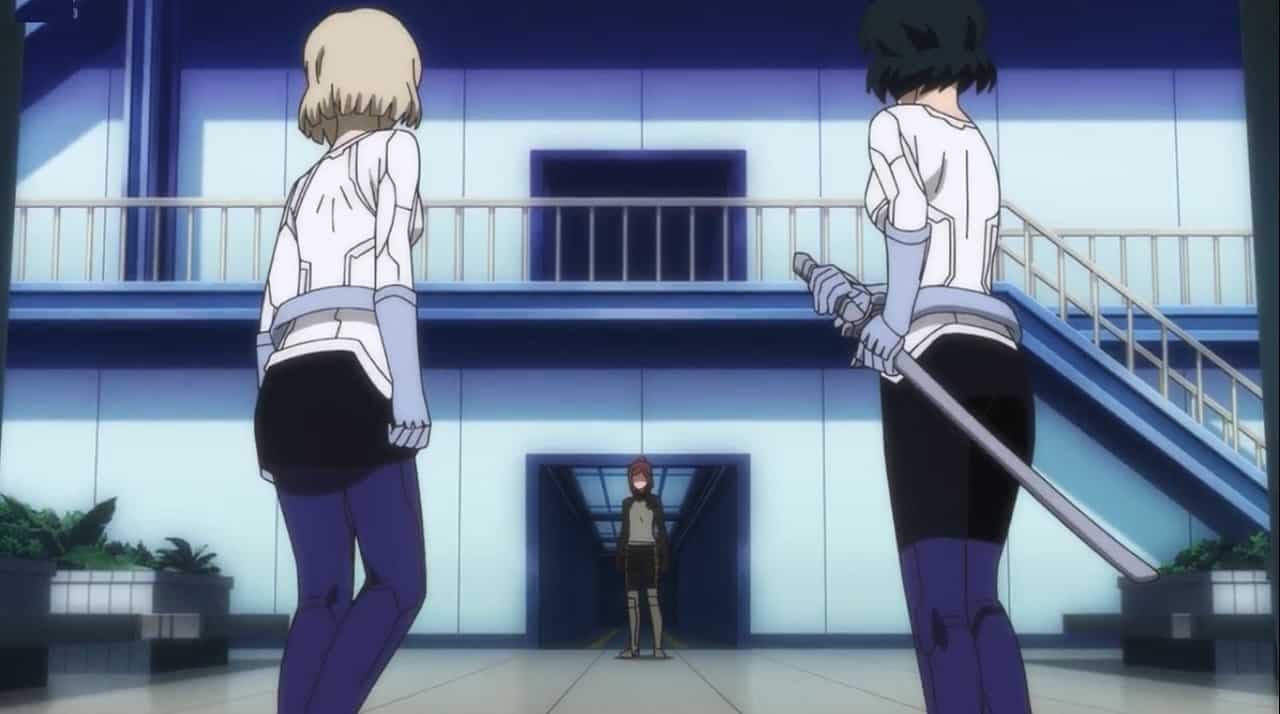Without doubt, it was “Train to Busan” in 2016 that brought the human juggernaut that is Ma Dong-seok to international prominence but it wasn't until one year later that he became the one-man one-punch knockout machine Don Lee that we know and love in director Kang Yoon-seok's “The Outlaws”. In addition to propelling the beefy actor into leading man superstardom, the feature was also vastly profitable at the box office, sprouting many similar projects that relied on their leading man's physical abilities. So it was only a matter of time before a sequel was greenlit. Oddly enough, though a sequel was officially announced shortly after the release and success of “The Outlaws”, it took 5 years for eventual sequel “The Roundup” to see release.

To repatriate a culprit from a past case who has confessed to his crimes to the Vietnamese police, Detective Ma Seok-do and his team captain Jeon Il-man head to Vietnam. Finding something odd with the confession, they learn that of late, Korean tourists have been disappearing with no trace all over south-east Asia and all evidence point to one Kang Hae-sang, a ruthless criminal in the habit of kidnapping people for ransom and killing them once he receives the money. Not content with merely escorting the confessed culprit back home, Detective Ma Seok-do gets on Kang Hae-sang's trail, who decides to go back to Korea after the father of a spoiled rich kid, who Kang kidnapped and killed, puts mercenaries behind the kidnapper for killing his only son.
With original writer/director Kang Yoon-seok deciding to sit this one out, the responsibility of making this sequel, with Kang's blessings, fell on the shoulders of first-time director Lee Sang-yong, who's served as assistant director not only on “The Outlaws” and Kang's “Long Live the King”, but also on works by Lee Yoon-ki and Lee Joon-ik. As such, “The Roundup” ends up being a prime example of how a sequel to a popular title should be executed. The script, written by Kim Min-sung, understands the strengths of the first one and doubles up on almost all of them. The humor, which was sporadic but always hit the mark in the previous entry, is far more regular and just as effective here. To achieve this, the script also acknowledges that in addition to the hilarity that Ma Dong-seok's physicality and awkwardness brought to the proceedings, a large part of the humor was also thanks to the other members of his team and gives them ample time to shine, particularly captain Jeon Il-man.
Another element which gets an extra dose is the action, which is not only a lot more frequent and more violent, and that says something since the violence was brutal enough in the first one, but is also executed in a far more accomplished manner. Of particular note is the use of small, congested places for some of these set pieces, including a two-part fight scene that takes place within a dingy Ho Chi Minh city apartment, the first part a seeming one-cut, another in a lift and yet another in a Seoul public transport bus. Of course, we also get a number of joyous crowd-pleasing one-punch knockouts in the way that only Ma Dong-seok can perform them. If this entry is missing one thing when compared with its precursor, it is memorable sidekicks to the big baddie, like those played earlier by Jin Seon-kyu and Kim Sung-kyu. The story too may not be as richly developed as that in “The Outlaws”, but that doesn't hamper the overall final product in any way, not when you have Don Lee throwing people over his shoulders at regular intervals.
Speaking of Ma, the man by now knows exactly what is expected of him in a feature of this sort and he doesn't disappoint. Always wearing a shirt one size too small or a t-shirt threatening to rip at the seams any second, he once again manages to make Ma Seok-do both a loveable oddball for the audience and a scary nemesis for the bad guys. His comic timing keeps improving with every project, which he pairs with his natural awkwardness to good effect. Among the highlights of the first part was the unforgettable villain Jang Chen, played brilliantly by Yoon Kye-sang and any fears that his absence would be felt for this roundup are put to rest right off the bat with the introduction of Son Sukku's Kang Hae-sang. This is an actor who keeps adding feathers to his already impressive cap, this time having an absolute blast as the tattooed, menacing, ruthless and at-times outright terrifying criminal, his smile turning to scowl at the flick of a switch. Also worthy of mention is Choi Gwi-hwa, whose captain Jeon Il-man has a much bigger role this time round, with the actor making most of his screentime to add humour.
For the technical aspects, the sequel opts for much of the same team as the first part. With the same cinematographer, “The Roundup” looks much like its predecessor, particularly in the scenes set in Korea. However, for those in Vietnam, Kim Sung-rim opts for Hollywood's infamous Mexico yellow filter, which makes for a mixed bag of visuals, working in some places but ineffective and in fact distracting in others. Kim Tae-seong's music too follows the same blueprint of the original, giving some fantastic entry musics to both Ma Dong-seok and Son Sukku. Kim Sun-min's editing is precise, keeping the narrative smooth and capping it at a brisk 106 minutes, allowing both the funny scenes and action set-pieces sufficient time.
It is evident why “The Roundup” went on to be the biggest film of 2022 at the Korean office thus far and has broken into the top 20 highest grossing Korean films of all time already. Taking the popular formula of “The Outlaws”, it emphasises on almost every facet that made the 2017 feature click, resulting a highly entertaining production that only goes to consolidate Ma Dong-seok's hard-man superstardom and Son Sukku's upward career graph. A third part is already in the preliminary stages of planning and honestly, we are here for it!


